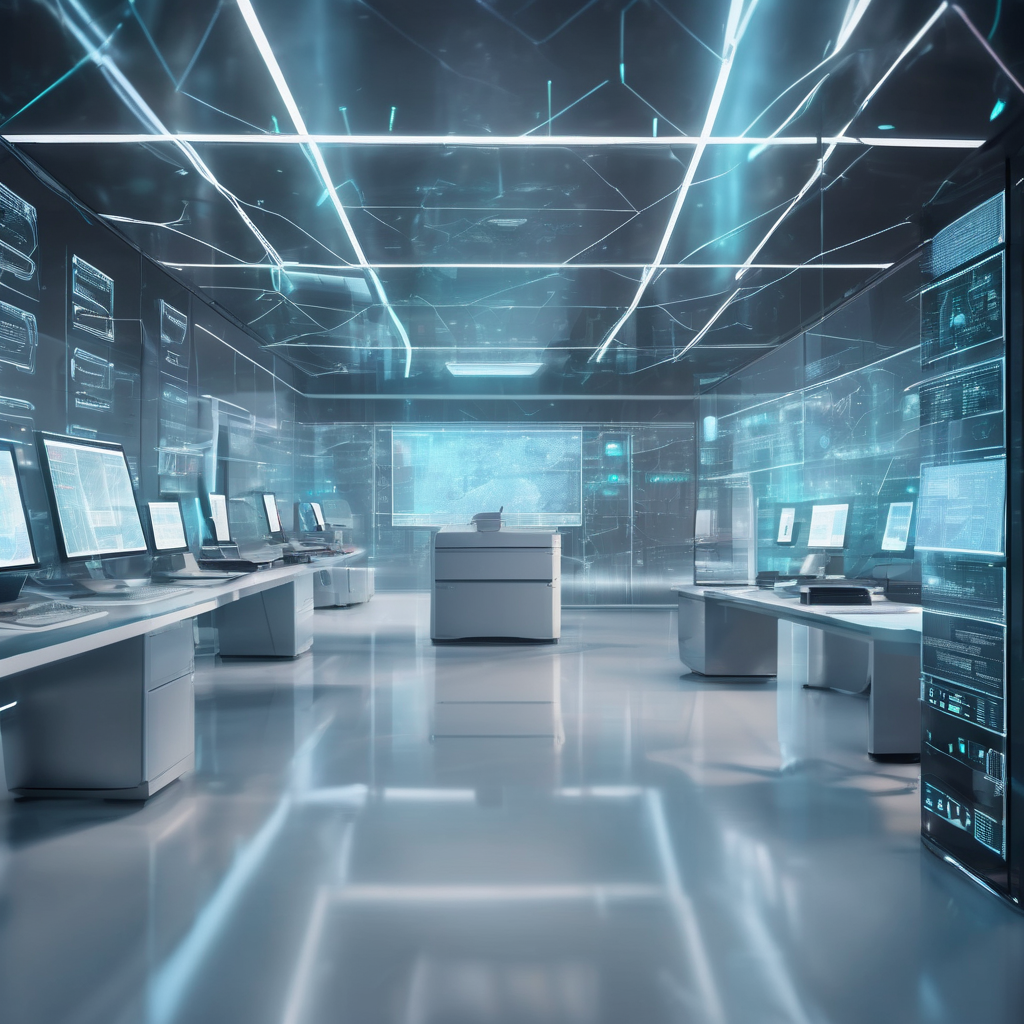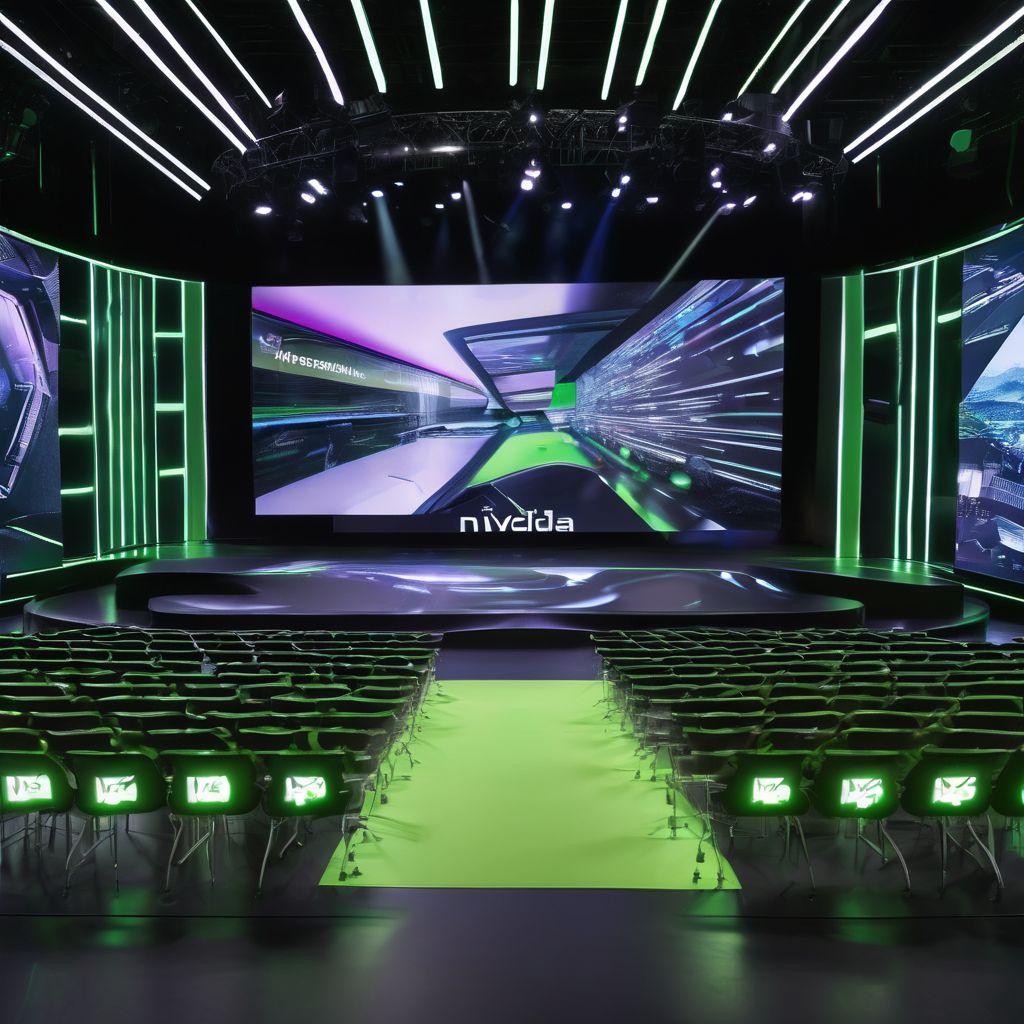
In an era characterized by rapid technological advancements, we are witnessing the gradual infiltration of artificial intelligence and robots into our daily lives. However, now this technology is increasingly encroaching upon a domain that has traditionally been quintessentially human: religion. The once-clear boundaries between faith and technology are becoming blurred as we observe the emergence of AI-powered ChatGPT sermons and robots performing sacred Hindu rituals. Over the past few months, The Conversation U. S. has published several articles delving into how AI and automation are intertwining with religious contexts. Within our archives, three articles shed light on the profound impacts of this technology on human spirituality, faith, and worship across diverse cultures. Traditionally, religious figures such as Jesus have been constantly reinterpreted to align with the norms and demands of each historical era, manifesting as diverse depictions like Cristo Negro or a Hindu mystic. However, now we find the prophet on Twitch, a popular video live-streaming platform, thanks to an AI chatbot. Known as "AI Jesus, " this virtual figure portrays a bearded white man donning a brown hood. Available 24/7 on his Twitch channel "ask_Jesus, " AI Jesus interacts with users who pose a range of questions, both profound and lighthearted. According to Joseph L. Kimmel, a theology faculty member at Boston College, AI Jesus represents a novel example in the emerging field of AI spirituality and provides insights into how AI actively shapes human spirituality. Another distinctive intersection of religion and robotic technology has emerged with the introduction of robots performing Hindu rituals in South Asia. While some individuals welcome this technological incorporation, others express concerns about its potential consequences.
Many fear that the growth of robots within Hindu practices might lead to an exodus of followers and raise questions regarding the usage of robots to embody religious and divine figures. However, there is an additional concern: whether robots could eventually replace Hindu worshippers altogether. Automated robots have the capability to flawlessly execute rituals, which is significant given that religions like Hinduism and Buddhism prioritize the precise performance of rituals and ceremonies as a means to connect with the divine, rather than focusing solely on correct belief. This concept, known as orthopraxy, highlights the potential paradox of modern robotics, where the best form of religion may eventually involve no human involvement, as noted by Holly Walters, an anthropology lecturer at Wellesley College. Preaching has always been regarded as a deeply human activity rooted in faith, but what happens when an AI chatbot takes over this practice?In June 2023, hundreds of Lutherans congregated in Bavaria, Germany, for a service entirely designed and delivered by ChatGPT. However, many express reservations about utilizing AI for conducting religious practices. Preachers not only provide guidance but also offer personal reflections that inspire and resonate with the congregation, rather than merely seeking to please them, as explained by Joanne M. Pierce, a religious studies scholar at the College of the Holy Cross. Additionally, the shaping of sermons should be informed by an understanding of the needs and lived experiences of the worshiping community. Currently, AI's inability to comprehend the intricacies of the human experience appears to be its most glaring limitation within the realm of preaching. As the influence of AI on religion continues to grow, it prompts important discussions about the intersection of technology and spirituality. The articles in our archives contribute to a broader conversation, shedding light on how AI and automation are reshaping human spirituality, faith, and worship within various cultural contexts. By understanding these impacts, we can navigate this evolving landscape and contemplate the implications for both religious practices and technological advancements. Join our community of over 169, 200 academics and researchers from 4, 693 institutions as we explore this intriguing intersection.
None


As the holiday shopping season nears, small businesses prepare for a potentially transformative period, guided by key trends from Shopify’s 2025 Global Holiday Retail Report that could shape their year-end sales success.

Meta’s Artificial Intelligence Research Lab has made a notable advancement in fostering transparency and collaboration within AI development by launching an open-source language model.

As artificial intelligence (AI) increasingly integrates into search engine optimization (SEO), it brings significant ethical considerations that must not be overlooked.

During Nvidia’s GPU Technology Conference (GTC) keynote on October 28, 2025, a disturbing deepfake incident occurred, raising significant concerns about AI misuse and deepfake risks.

British advertising firm WPP announced on Thursday the launch of a new version of its AI-powered marketing platform, WPP Open Pro.

LeapEngine, a progressive digital marketing agency, has significantly upgraded its full-service offerings by integrating a comprehensive suite of advanced artificial intelligence (AI) tools into its platform.

OpenAI’s latest AI video model, Sora 2, has recently faced substantial legal and ethical challenges following its launch.
Launch your AI-powered team to automate Marketing, Sales & Growth

and get clients on autopilot — from social media and search engines. No ads needed
Begin getting your first leads today